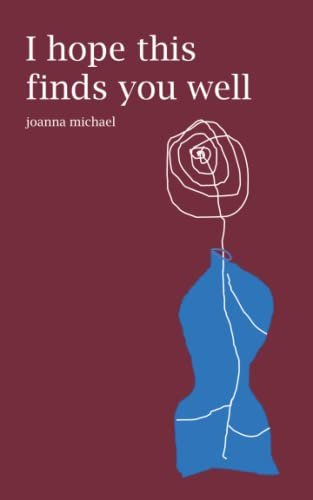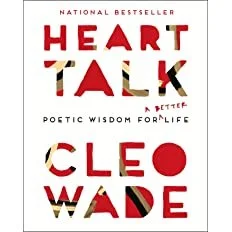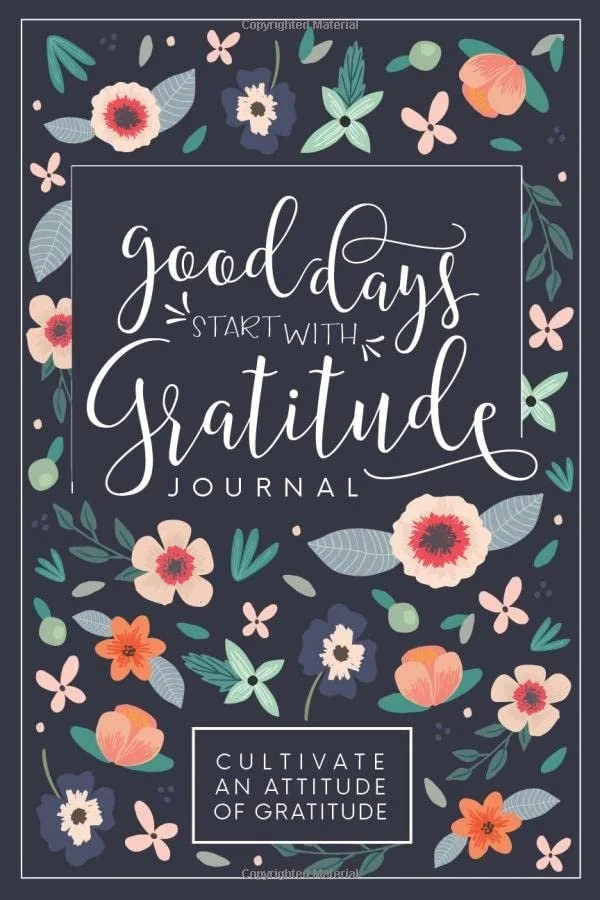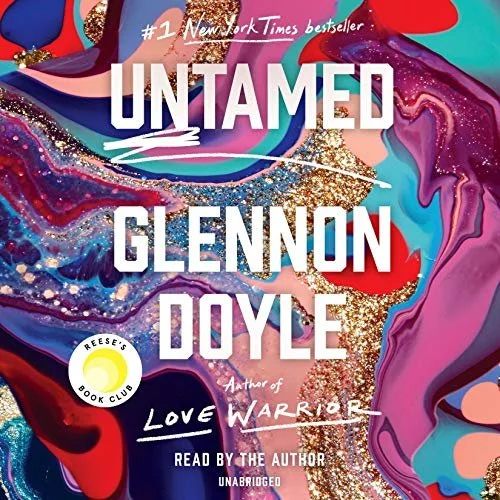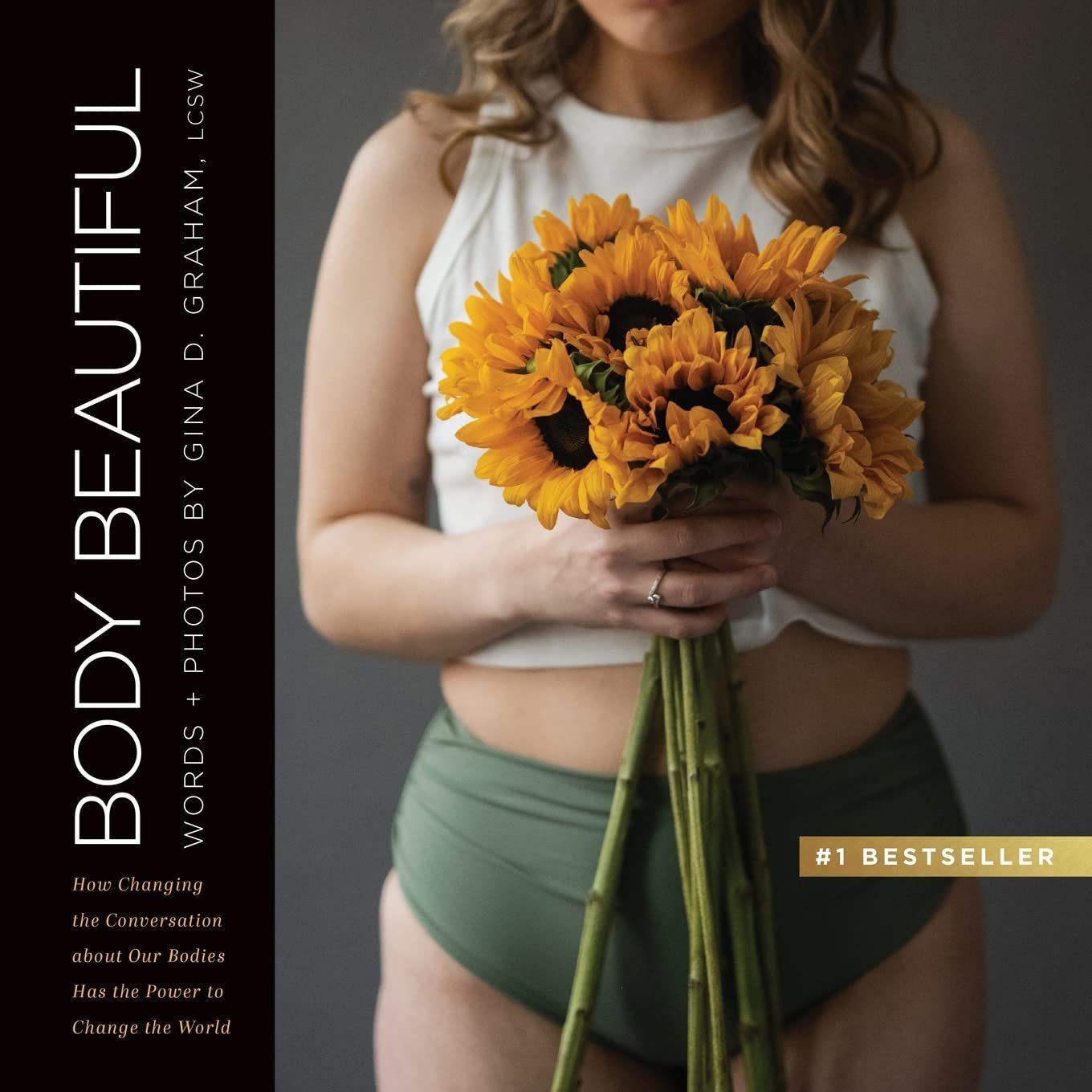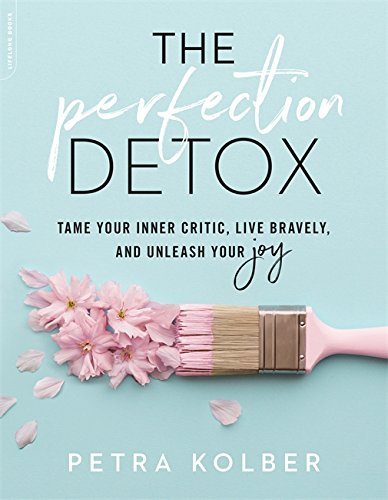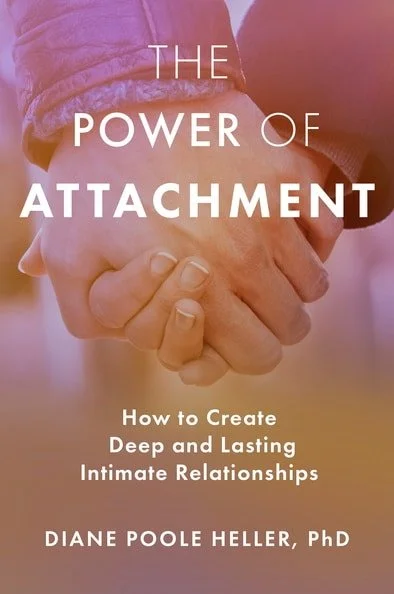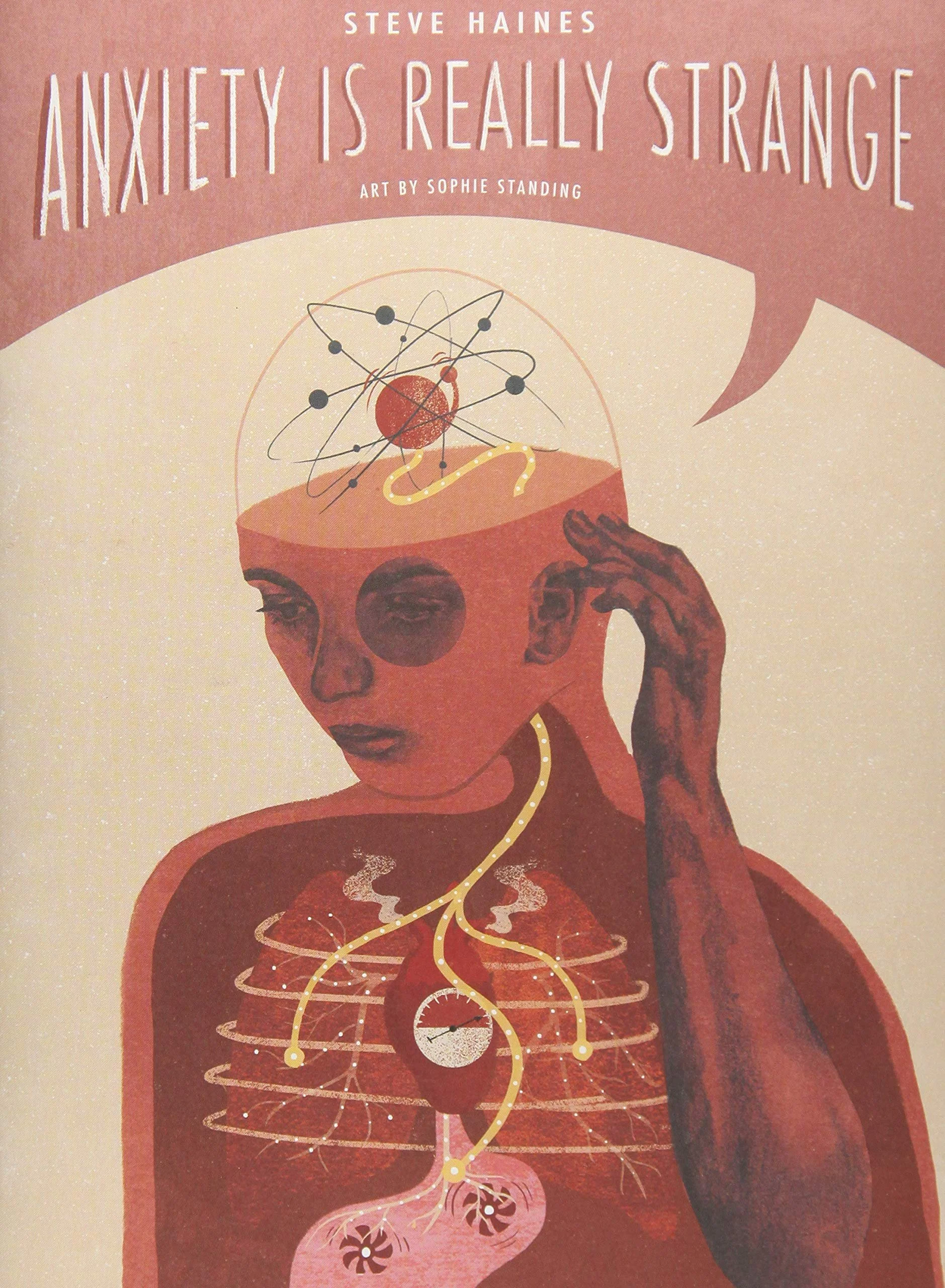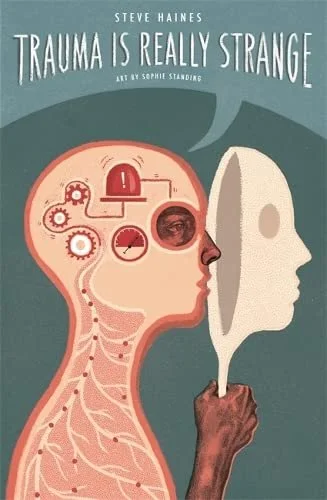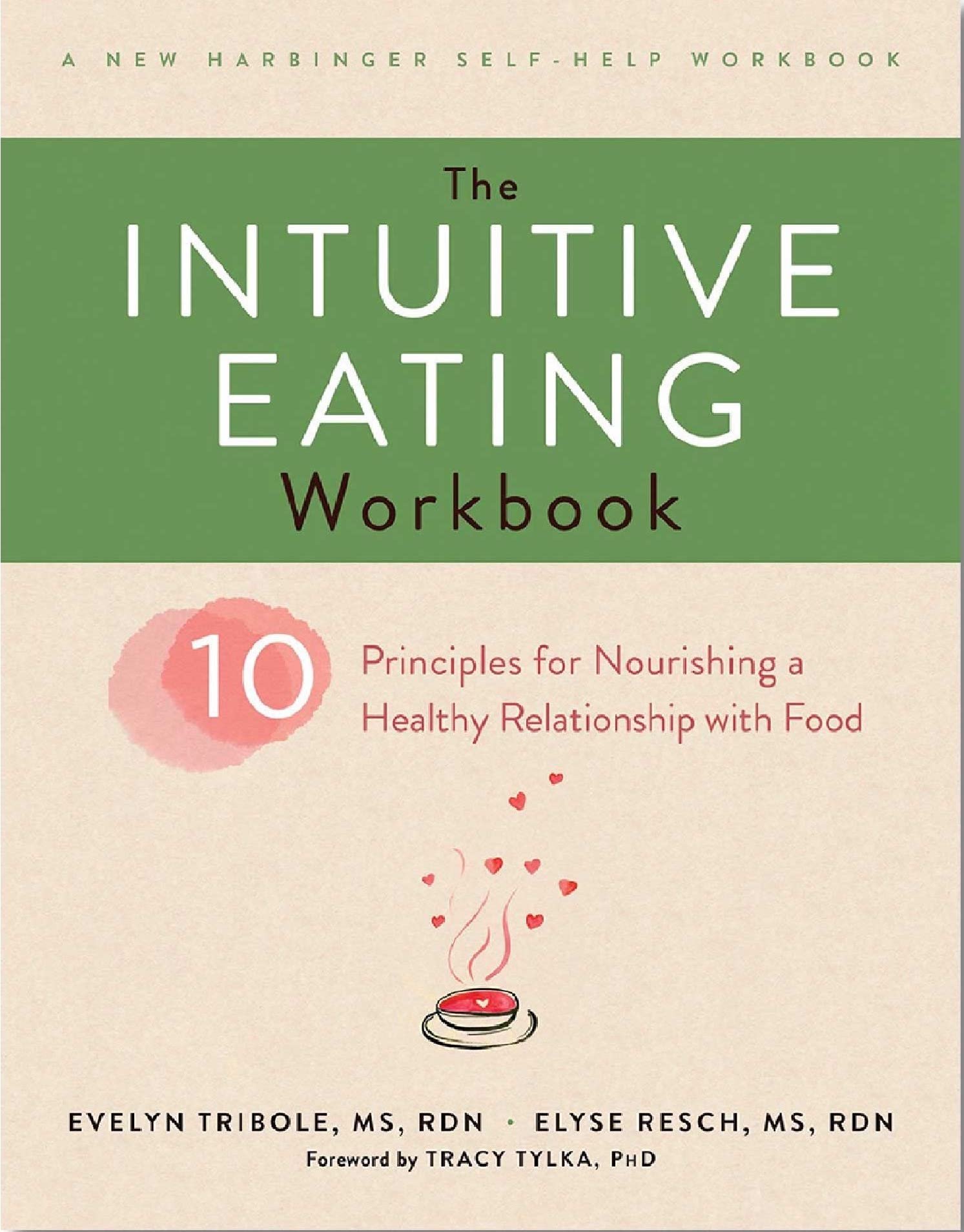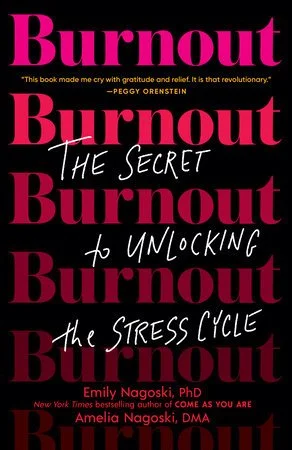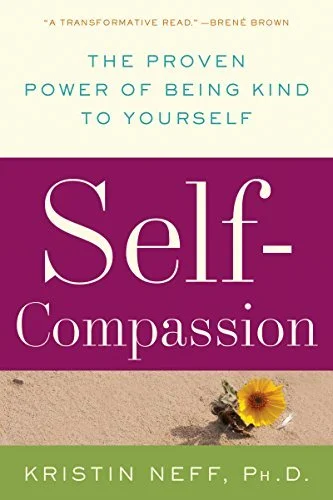Staff Favorites: Books for Your Own Wellness Initiative!
The team at Lotus Therapy Group have teamed up and shared some of our favorite books to aid in your own crusade for mental health! From guided workbooks to daily journals to poetry and words of wisdom we are certain there is something here for you (or a loved one!). Now, for our book ROLL CALL!
I hope this finds you well by Joanna Michael
Lauren’s Pick:
This is a collection of poetry derived from eating disorders, addiction, heartbreak and emotional healing. Joanna Michael is recovered yet dives into her darkest moments via poetry. Appropriate for those recovered or in the later stages of recovery (i.e., won’t glorify ED). Michael shares, “One of these poems is about you, I hope you find it”.
Please be aware that this book might be a TRIGGER WARNING so select this only as you see fit.
Successful Parenting Workbook: Create your custom plan for raising independent children into adulthood by Jacqueline A. Rhew, Robin Boggs Choquette
2. Chrissy’s Pick:
Parenting can be hard. Let's be real... parenting IS hard! Many of us question ourselves and often feel guilt over what we “should be doing.” Rest easy. If you are questioning this, you are probably already doing an amazing job and are a loving parent. This workbook emphasizes that you don’t have to change how you parent. Rather, you will learn how to blend healthy parenting strategies alongside your natural instincts. This can strengthen your relationship with your children while making a positive impact as they grow into adulthood. The Successful Parenting workbook will help you reflect on your current parenting strategies, identify areas to create goals for improvement, and develop strategies to turn those goals into reality. You’ve got this!
“There is no such thing as a perfect parent. So just be a real one.”
Sue Atkins
Heart Talk: Poetic Wisdom for a Better Life by Cleo Wade
3. Sarah’s Pick:
This book provides a range of poems and inspiration to remind us of our strength and worth during some of our toughest times. I personally have earmarked more pages than I can count that have resonated with me on multiple occasions. They often provide encouragement, empowerment and daily reminders that no matter the struggle, it will pass and we are worthy. The journal is an amazing addition for self reflection with prompting questions which you can answer on a weekly or as needed basis ! These books are truly helpful for anyone struggling through a current difficult period in their life especially with depression, anxiety and trauma.
4. Chrissy’s Pick:
This journal literally has changed my life. My friend gave me this at a time when I really needed a little more perspective and positivity. I began using the Good Days Start with Gratitude Journal and haven’t looked back! It’s extremely simple with just 3 entries a day. I also love the inspirational quotes included each week. Practicing gratitude truly changes the way I see my life and see the world. Some days my entries are simple, such as being grateful for a hot cup of coffee. Other days, my entries may reflect a big goal I have accomplished. Recognizing the goodness in my life in a daily journal helps start my day off on a positive note and reminds me that there is always something to be grateful for (even on the days that finding gratitude may be hard). I hope you enjoy this journal as much as I do!
Untamed by Glennon Doyle
5. Lisa’s Pick:
I think this book does a beautiful job of putting words to the thoughts of our inner dialogue and guides the reader to viewing life in a more liberated way. Get your highlighter out as Doyle packs this book with so many memorable quotes that are empowering, uplifting and inspiring. I recommend this to all women in whatever stage of life they are in and loved this quote from the book: "This life is mine alone. So I have stopped asking people for directions to places they've never been. There is no map. We are all pioneers.”
6. Guest Spotlight Pick from Gina Graham:
Body Beautiful was designed to stimulate thought and conversation about the ways we are impacted by culture, media and social media around the ideas of beauty and our bodies. It is a collection of stories, art, quotes, images, information, and hopefully inspiration to challenge the cultural narrative about our bodies and remind us of the importance of focusing on who we are really here to be and what we are really here to do. The book shares stories, and ties in ideas about diet culture, fitness culture, social media, the beauty and fashion industries, life stages, aging and transitions through the lifespan for girls and women. A few tips for navigating our culture with better body image are shared throughout.
The book is for anyone struggling with body image, eating disorder recovery, or struggling with a negative self concept.
Written by Gina D. Graham, Therapist in private practice and portrait photographer specializing in body image photography and empowerment portraits.
7. Lauren’s Pick:
Oh I don’t like taking photos but I just went with it for the sake of the book title… The Perfection Detox. Age appropriate for teens to adults. Author is recovered from an ED. At the end of each chapter there’s a worksheet (so like a book/workbook all in one!) Easy read. Offers validation, no judgement, alongside strategies to “adjust your internal monologue”… “Never forget that the world would rather have your imperfect voice, than your perfect silence.”
8. Briea’s Pick:
This is a wonderful book for individuals transitioning into adulthood. It’s a digestible and informative “how to” guide by Chicago’s very own Brittany Rogers, LCPC, CADC. The Things I Wish I Knew provides insight on boundaries, self care, coping strategies, and relationship dynamics.
The Power of Attachment by Diane Poole Heller, PhD
9. Guest Spotlight Pick from Kirsten Tesnar Svejda, Psy.D.:
For those who are interested in learning more about attachment styles, how attachment patterns show up in relationship with the self and others, and ways to explore or change those patterns, I would highly recommend The Power of Attachment.
This book can be beneficial for both therapists and clients alike. Dr. Poole Heller offers an accessible explanation of Secure attachment as well as the 3 main types of Insecure attachment: Avoidant, Ambivalent, and Disorganized. She shares what each attachment style is and looks like in common behaviors, how each attachment pattern developed based on early childhood experiences, questions of assessment to explore one's own way of related to self and others, and exercises for development of secure attachment skills and healing relational wounds. I found the manner in which Dr. Poole Heller presents the information to be very affirming and validating. Even the most difficult relational and behavior patterns can be understood as adaptations to early wounding experiences that make sense given the circumstances. Her suggestions for skills development to foster secure attachment and exercises for healing wounds can be easily and effectively utilized in therapy sessions or explored by clients on their own. Finally, there is information about securely attached couples and what to be aware of when one or both partners has an insecure attachment style. Overall, I found this book to offer important information about attachment and ideas for making meaningful change.
Anxiety is Really Strange by Steve Haines
Trauma is Really Strange by Steve Haines
10. Lauren’s Pick:
Anxiety Is Really Strange and Trauma Is Really Strange is a fun, comic/illustrated book that provides education on the two topics. It’s a short 32 page read and is age appropriate for older adolescents and adults wanting to learn how these manifest and impact each of us.
11. Emily’s Pick:
The Intuitive Eating Workbook is a great way to introduce the Principles of Intuitive eating in an easily digestible way. I like the workbook because it provides information, while also giving activities to help you gain insight on your readiness to begin intuitive eating, guide you through your own experiences with diet culture and disordered eating, and provide direct application of the principles. If you are deeply entrenched in an eating disorder, it is best to work with your dietitian on structured eating so that you have the foundations needed for intuitive eating.
Burnout: The Secret to Unlocking the Stress Cycle by Emily Nagoski, PhD and Amelia Nagoski, DMA
12. Guest Spotlight Pick from Amy Klimek, LCPC, CYT:
This book offers hopeful information to not only identify the stress cycle and provides practical practices to do something about it. It offers a realistic and compassionate lens to learn and approach stress, burnout, and collapse. The book does not speak to burnout as a trend and thoughtfully guides the reader to challenge the automatic and maybe unintentional ways one might continue the cycle. It is genuinely written to offer sustainable change.
Self-Compassion: The Proven Power of Being Kind to Yourself by Kristen Neff
13. Kendra’s Pick:
Kristen Neff’s book “Self-Compassion: The Proven Power of Being Kind to Yourself” is helpful to anyone struggling with self-esteem or anyone who tends to be very critical of themselves. Neff teaches readers a three step approach to being more compassionate towards ourselves so we can break the cycle of low self-esteem or self-esteem that fluctuates based on our latest success or failure.
14. Briea’s Pick:
This is a workbook I often integrate in the work I do with clients because it allows individuals to explore and identify their struggles with body image outside of session. It provides helpful exercises to develop a respectful and understanding relationship with your body.
The Happiness Trap by Russ Harris
15. Sam’s Pick:
This book offers valuable wisdom and a fresh perspective on real emotions that we all experience at one time or another. It will give you practical tools to help you deal with difficult emotions in healthy ways. There is a focus on helping you to live meaningfully rather than trying to be happy all of the time. Real life examples and helpful metaphors are also provided throughout the book.

